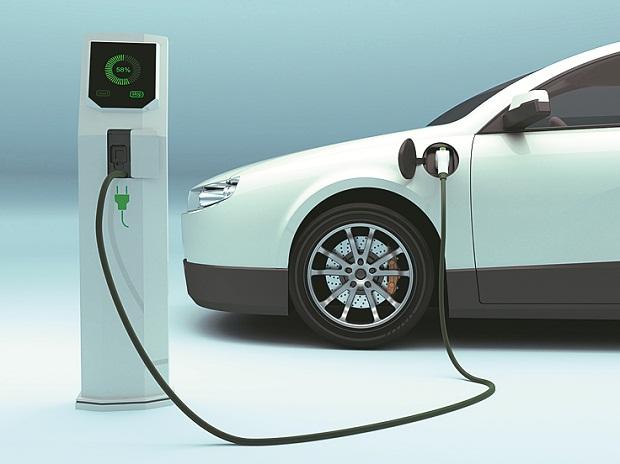
Within roughly five to six months, a pocket-friendly, yet powerful charging system for two and three-wheeler electric cars will be released in the market; this might be a game changer for electric mobility in India.
Two and three wheeled vehicles account for about 80% of all vehicle sales in the country, and they are the largest source of vehicular emissions. According to government experts, if a cost-effective, easily accessible system were developed, the adoption of electric vehicles in this area would be smoother and faster.
Well, it appears that the prayers have been heard; the all-new charging mechanism, which was designed as a result of a government-industry collaboration, is expected to cost as little as Rs 3,500. Charging solutions now on the market cost between Rs 15,000 and Rs 20,000. According to officials, a prototype has already been built, and more than a half-dozen companies are working around the clock to produce it on a large scale.
This charging device is weather resistant (ideal for all weather conditions) and may be installed in any location that has access to a 220 Volt, 15 Ampere electric line.
Parking lots, shopping malls, metro stations, hospitals, office complexes, community centres, auditoriums, small eateries and coffee shops, and kirana outlets could be ideal locations. The charging system includes a charger, a smart electric socket that can communicate with cellular devices, and mobile applications that allow for payment processing.
Mr. V. Sumatran, a prominent auto industry expert and chairman of a government commission charged with developing charging infrastructure, shared his opinions on the plan. The scarcity of charging stations, he claims, has been the most difficult barrier to widespread adoption of electric vehicles in our country. This solution seeks to remove that stumbling block.
It is constructed in such a way that it may be deployed practically anyplace and at a low cost. Not only that, but users may charge their vehicles in a matter of minutes, demonstrating its flexibility. People are hesitant to purchase and switch to electric vehicles due to the scarcity of charging stations compared to gas stations. Because of this range concern, they are hesitant to purchase electric vehicles.
A full charge, from 0 to 100 percent, can be completed in half an hour to 45 minutes at most. A full charge is adequate to drive 80 to 100 kilometres in a city using today’s batteries. Electric vehicle owners will not constantly be looking for a full charge if these charging kiosks are made readily available, as Sumantran predicted.
It’s identical to charging our phones or filling up our car’s gas tank. Because gas stations and mobile charging stations are readily available, we commonly want it to be at a comfortable level. So a 15-minute charge would get a battery from 30% to 70% capacity.
This charging technique, according to Mr. Ashutosh Sharma, secretary of the Department of Science and Technology, is a significant development. He explained that charging systems in other countries aren’t well-suited to Indian needs, thus the new solution is ready to meet the specific needs of Indian electric vehicle owners.




